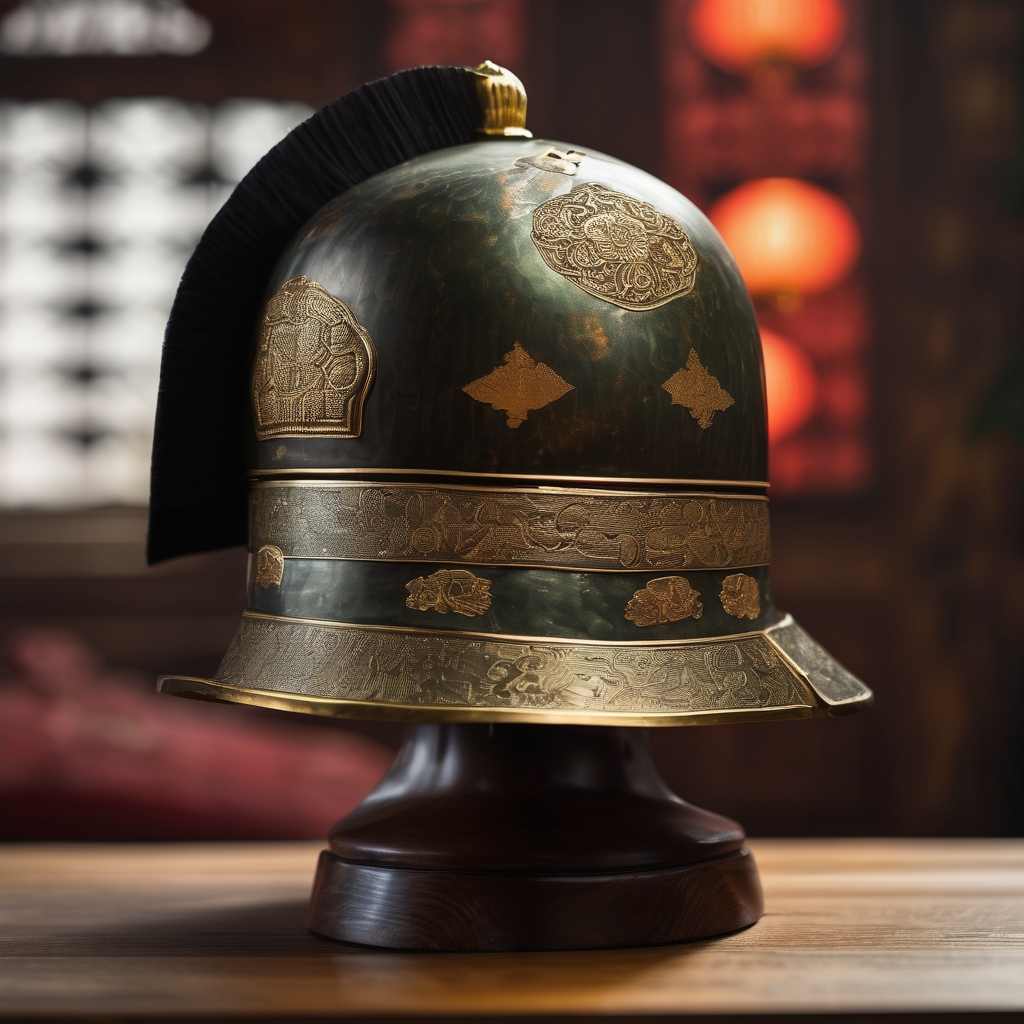As the Fourth Plenary Session of the Chinese Communist Party (CCP) approaches on October 20, signs of intensified internal strife among the leadership are emerging. On October 16, the official announcement revealed that four high-ranking military officials, including former Armed Police Commander Wang Chunqing, have been dismissed from their roles as representatives of the National People’s Congress (NPC) due to “serious disciplinary violations.”
This development has drawn attention as analysts suggest that the expulsion of these four figures is indicative of a broader power struggle within the CCP in anticipation of the upcoming plenary session. The officials removed include Wang Chunqing, along with Zhang Lin, Gao Daguang, and Wang Zhibin, who have all faced similar fates as part of a larger purge within the military.
Previously, the Standing Committee of the NPC had issued announcements in September detailing a series of dismissals, including that of Wang Chunqing and others. The official timeline indicates that Wang was relieved of his duties at a military assembly on July 25, while Zhang and Gao were dismissed on July 21, and Wang Zhibin on July 18. This timeline corroborates widespread rumors regarding Wang’s earlier downfall due to absence from critical events.
Political commentator Li Lin has remarked that the timing of these dismissals points to an escalation in the CCP’s internal conflicts. Reports indicate that several key central committee members, including Miao Hua, Wang Chunqing, and Zhang Lin, may face further repercussions at the upcoming session. The fate of He Weidong, the Vice Chairman of the Central Military Commission, remains uncertain, which raises questions about the consolidation of power under President Xi Jinping and potential discontent within the military ranks.
Furthermore, former inspector at the Central Commission for Discipline Inspection, Wang Youqun, analyzed the delayed announcement regarding He Weidong, suggesting that revealing information about his case would likely undermine Xi’s authority, considering the serious implications of his potential misconduct.
Scheduled for October 20, the Fourth Plenary Session is officially presented as a discussion point for the “15th Five-Year Plan,” but the focus on personnel changes within the leadership is drawing significant interest. The aftermath of the 20th National Congress has seen an upheaval in the ranks, with at least nine central committee members reportedly being replaced, necessitating a significant reorganization that could mark the largest personnel change since 2017.
Veteran commentator Hong Yaonan has highlighted a rare dual interruption in the military’s political and military leadership, which has left the Central Military Commission in a precarious position. With critical roles remaining vacant, including that of the Director of the Political Work Department, the CCP’s military infrastructure appears to be losing its organizational and political command. Since March, He Weidong has vanished from public view, while Chairman Zhang Youxia has been left to assume sole responsibility for the military.
Since Xi’s ascension during the 20th National Congress, reports indicate that at least 46 central committee members who were appointed by him have faced various issues, although only 19 have been officially announced. This growing trend of dismissals among Xi’s appointees signals a troubling decline in his authority within the party.
The unfolding events reflect a deeply intertwined political landscape within the CCP, with ramifications that could impact not only the internal structures of the party but also its potential stability moving forward. The upcoming plenum will be crucial in shaping the future of the party leadership and its legislative direction.
